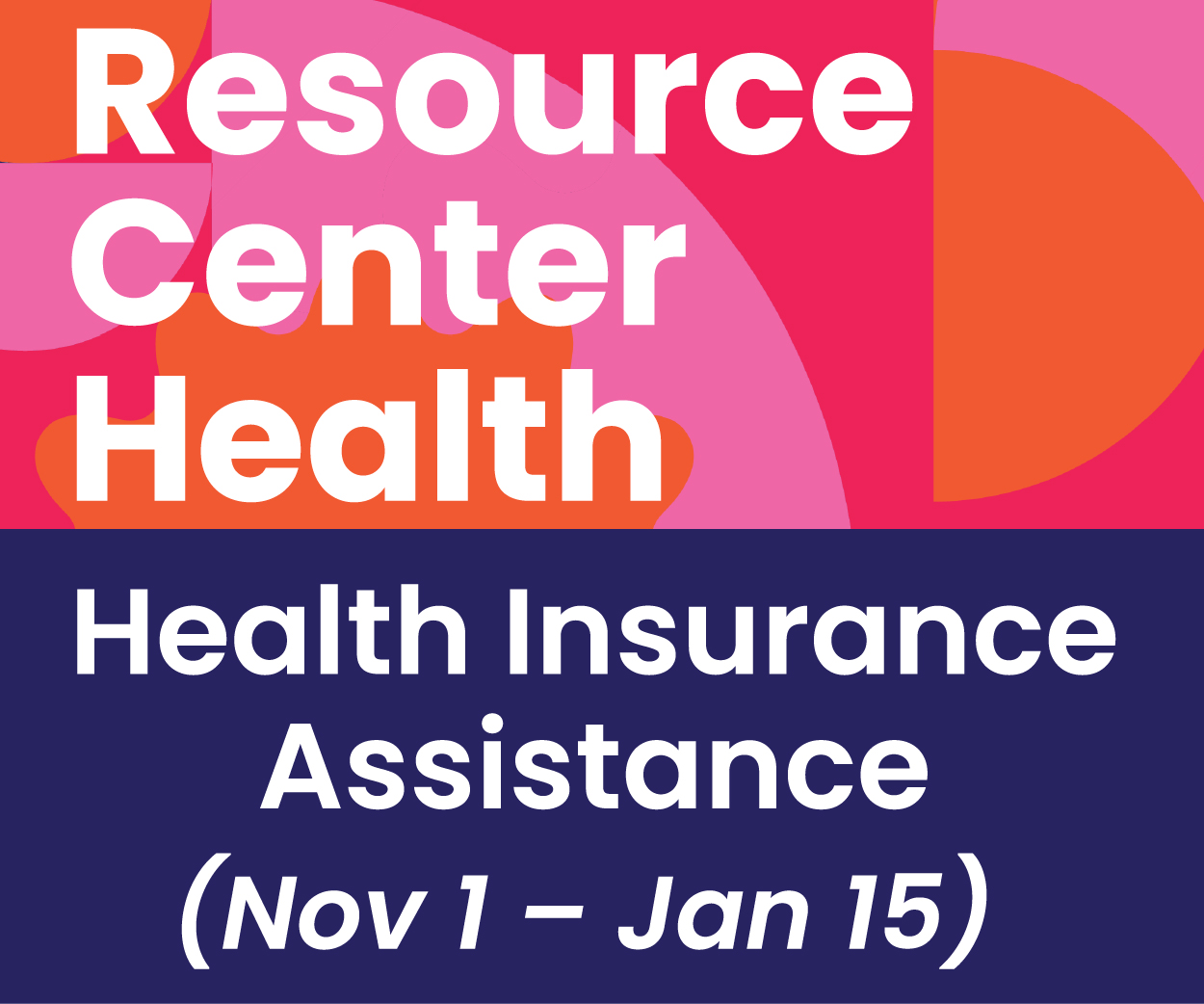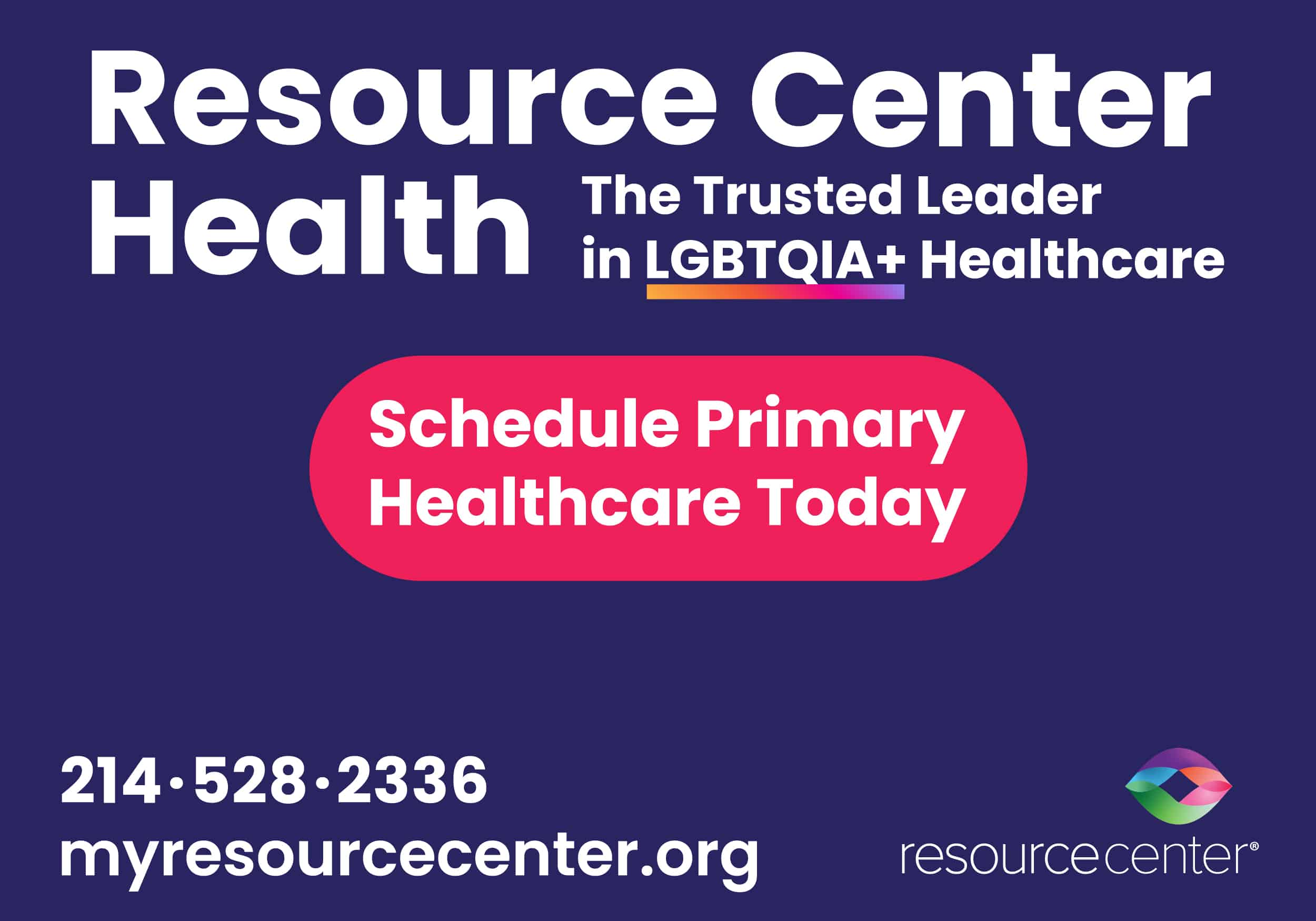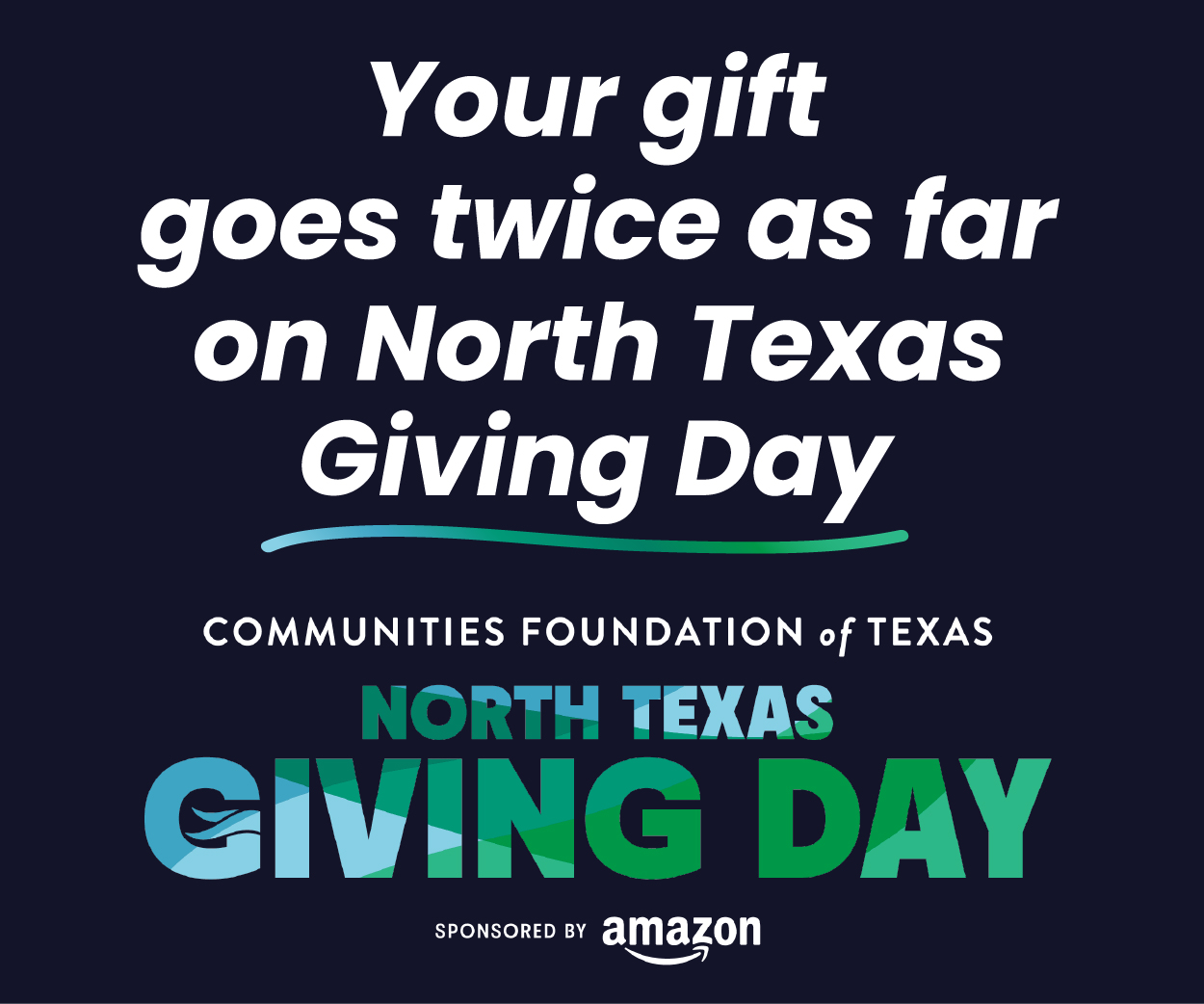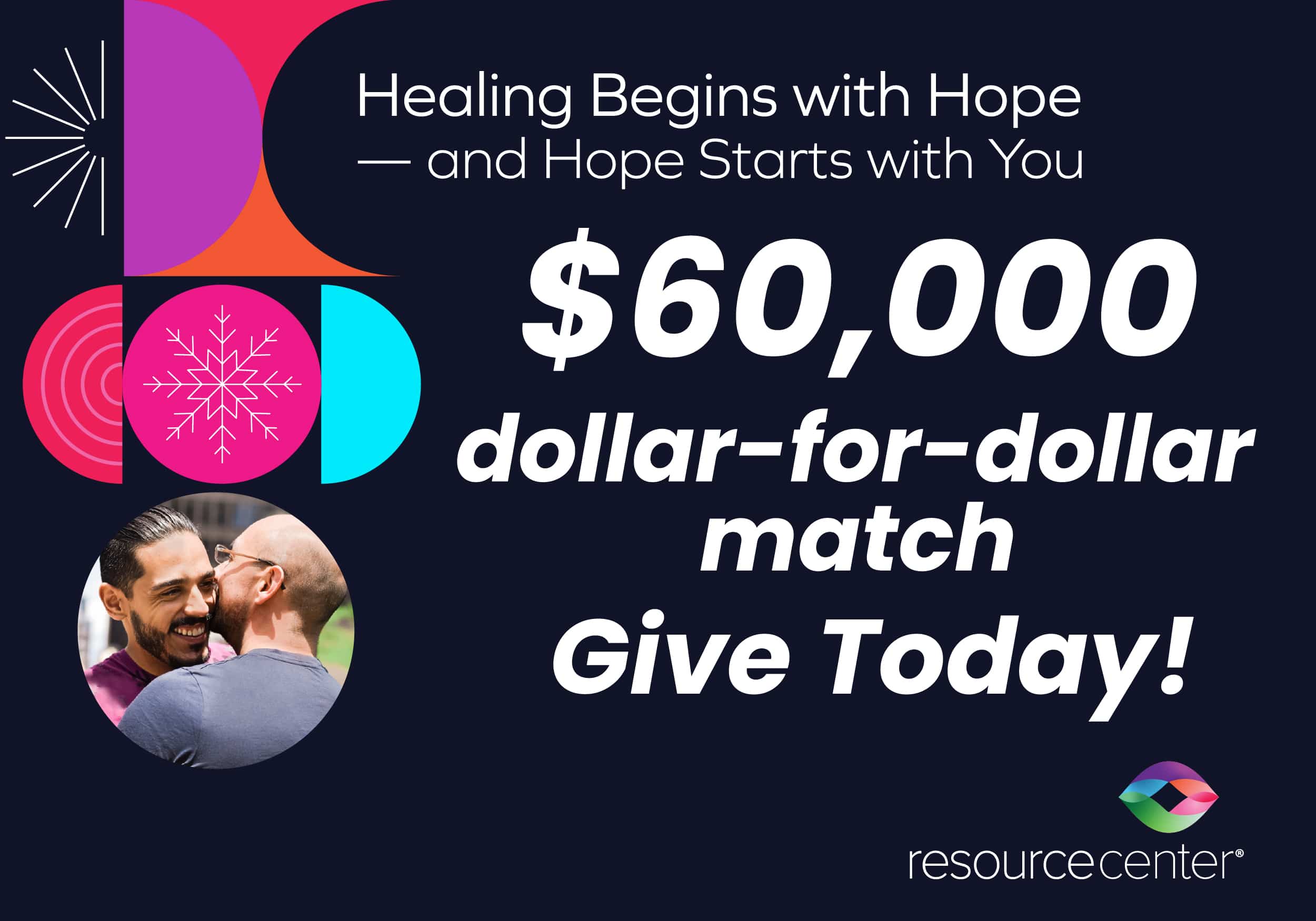News Flash: Dallas County Health and Human Services is investigating a case of monkeypox in the county, the department confirmed on June 7, 2022. The resident who tested positive traveled in the past month to Mexico, which has also reported cases. Preliminary test results showed a positive test result on June 6. Due to privacy concerns, the patient’s identification has not been released.
Your well-being is important, and you need to stay up-to-date on important health news. That’s why we’re answering are some common monkeypox questions specifically for LGBTQIA+ people. All of our factual answers are based on current CDC and WHO information.
1. How is monkey pox transmitted?
“According to the CDC, transmission occurs through direct contact with an infected person’s body fluids, especially through inhalation of respiratory droplets or contact with the skin lesions that are characteristic of monkeypox. Symptoms often begin with fever, headaches, muscle aches and exhaustion,” reports Texas A & M Today.
In other words, monkeypox is easy to catch, particularly during sexual contact. And recent news reports are pointing to higher transmission rates among gay and bisexual men and other men who have sex with men.
Specifically, monkey pox can be transmitted through:
- Direct contact with monkeypox rash, sores or scabs
- Contact with objects, fabrics (clothing, bedding, or towels), and surfaces that have been used by someone with monkeypox
- Inhaling respiratory droplets or oral fluids from a person with monkeypox
This contact can happen during intimate or sexual contact, including:
- Oral, anal and vaginal sex
- Hugging, massage or mutual masturbation
- Kissing and talking closely
- Touching fabrics and objects during sex that were used by a person with monkeypox, such as bedding, towels and sex toys
2. Is monkeypox a Sexually Transmitted Infection (STI)?
Technically no. But it is very easy to transmit monkeypox through sexual contact, including oral, anal and vaginal sex, kissing, masturbation and cuddling. Plus, touching fabrics and objects that were used by a person with monkey pox, including bedding, towels and sex toys can also transmit the disease.
3. How long is a person with monkeypox contagious?
People with monkeypox are infectious from the time symptoms start until all sores have healed and a fresh layer of skin has formed, typically between two and four weeks. According to the WHO, “it is not clear whether people who do not have symptoms can spread the disease”—although they expect to learn more in the next few weeks.
4. What are the first monkeypox symptoms?
A rash that develops into sores is usually the first symptom of monkeypox. These sores may be on or near lips, hands, chest, feet, genitals or anus; they may also be inside the mouth, vagina or anus. In some cases, monkeypox can start with flu-like symptoms including:
- Fever
- Headache
- Muscle aches and backache
- Swollen lymph nodes
- Chills
- Exhaustion
5. Does monkeypox rash itch?
Yes. The rash can be extremely itchy or painful, and goes through different stages before finally forming a scab.
6. What are the stages that monkeypox rash goes through?
Monkeypox lesions go through four stages—macular, papular, vesicular and pustular. In other words:
- A flat, reddened area of skin (macular)
- A raised area of skin (papular)
- Tiny or small fluid-filled blisters (vesicular)
- Bulging, weeping blisters full of a yellowish fluid (pustular)
7. How do I know if I have monkeypox or smallpox?
With monkeypox, swollen lymph nodes are much more common than with smallpox. Swollen lymph nodes may be localized to one spot, such as the neck or armpit, or nodes may be infected throughout the body.
8. Is monkeypox deadly?
No. Only in very rare cases do people die of monkeypox. According to UC Davis Health, the current strain has a very low mortality rate of approximately 1%.
9. Do condoms and dental dams protect against monkeypox?
No, because monkeypox is contagious through lesions that can appear on any part of the body—not just in the mouth, anus or vagina—of an infected person.
10. How do you treat monkeypox? Is there a cure?
The good news is that most people with monkeypox do recover on their own.
The smallpox vaccine has some cross protection against monkeypox; if the vaccine is given within four days of exposure, it protects about 85% of the time. Even if the vaccine is given up to two weeks after exposure, it may modify the disease, making it less severe. Plus, there are some antivirals and immunoglobulins that are available to treat monkeypox.
11. Is there a vaccine for monkeypox?
The smallpox does vaccine has some cross protection against monkeypox. As far as other monkeypox-targeted vaccines go, here’s what the CDC has to say, as reported by Texas A & M Today on June 13, 2022:
“The CDC has released 1,200 doses of the JYNNEOS vaccine manufactured by Bavarian Nordic and approved for post exposure prophylaxis in people with a high risk exposure to monkeypox,” he said. “Thankfully, our Strategic National Stockpile has 36,000 doses of the JYNNEOS vaccine immediately available, and more doses are being ordered.
“The stockpile also has 100 million doses of the older ACAM 2000 smallpox vaccine that is effective against monkeypox. There is also an approved antiviral. The vaccines and antiviral were originally developed, manufactured and stockpiled due to the threat of a potential bioterror attack from smallpox, but they are also effective against monkeypox.” https://today.tamu.edu/2022/06/13/what-is-monkeypox-and-should-we-be-worried/
For a rare disease like monkeypox, even one or two cases can constitute an outbreak. So far, clusters of infections appear to arise from travelers who return home with the infection and spread it through close contact. As we learn more, we will continue to share the updates—and the LGBTQIA+ FAQs that you need.







